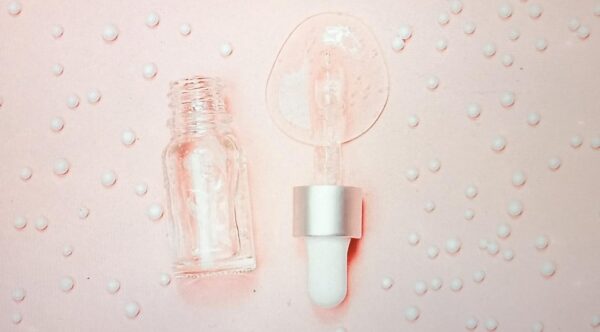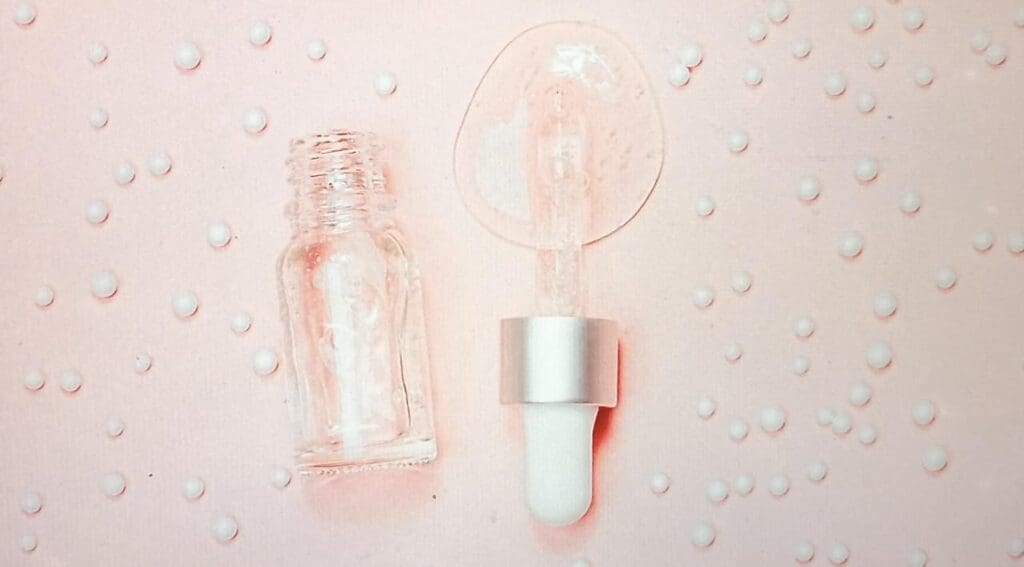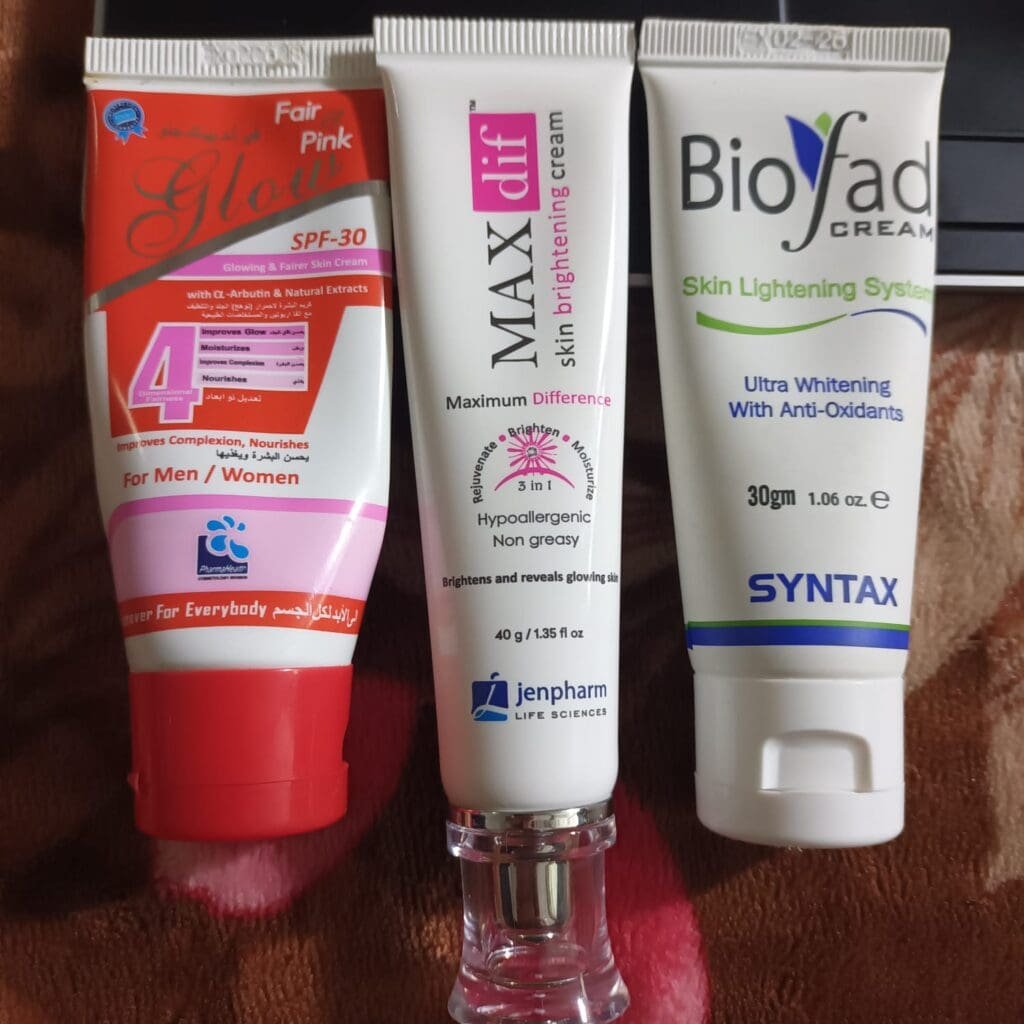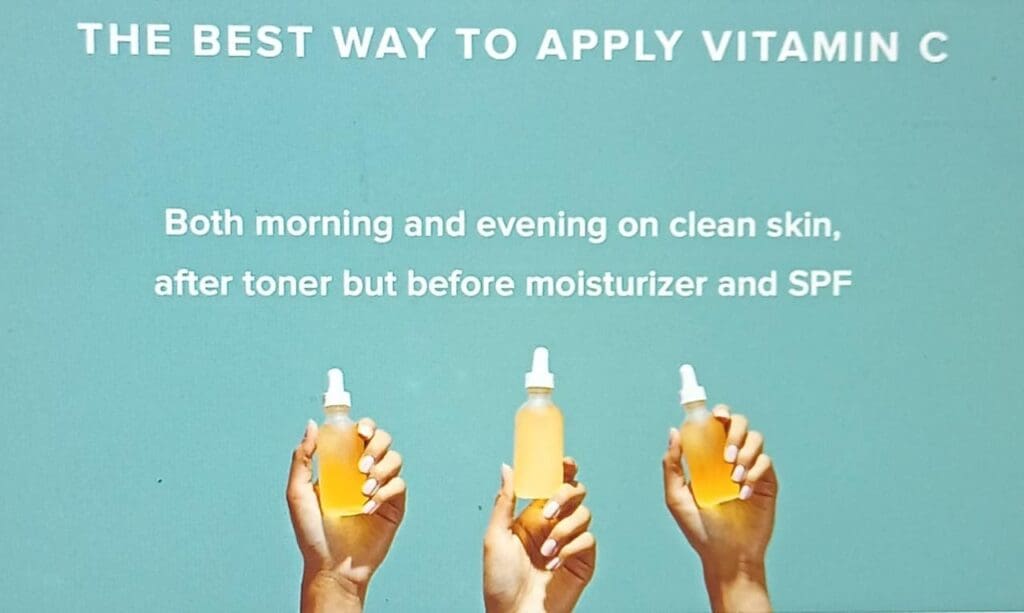
The Role of Peptides in Skincare: Pros and Cons
Have you ever wondered how some skincare ingredients seem to do wonders for your skin? Among these miracle workers, peptides stand out as one of the most buzz-worthy and effective additions to modern skincare.
As new research suggests, these tiny yet mighty molecules have the potential to transform your skin and help you achieve healthier, more resilient, and firmer skin.
But what exactly are peptides, and why should you care about them?
Let us dive in and uncover everything you need to know about peptides and their role in skincare.
What Are Peptides?
To put it simply, peptides are small chains of amino acids, the building blocks of proteins. When amino acids are strung together in specific ways, they form peptides, and when peptides combine, they create proteins like collagen, elastin, and keratin.
These proteins are essential for keeping your skin firm, smooth, and youthful. Without them, the skin can lose elasticity, develop wrinkles, and show signs of aging.
Peptides act as messengers, signaling your skin to produce more collagen and elastin, which helps repair damage and maintain skin’s structure.
Benefits of Peptides in Skincare
Peptides are more than just anti-aging superstars. Their versatile properties make them beneficial for a variety of skin concerns. Here is a closer look:
-
Boosts Collagen Production
One of the most significant roles of peptides is their ability to stimulate collagen synthesis. Collagen is crucial for skin’s firmness and elasticity, but its production decreases as we age. Peptides help replenish collagen levels, reducing the appearance of wrinkles and sagging.
-
Strengthens the Skin Barrier
Your skin barrier is like a protective shield, keeping moisture in and irritants out. Peptides support this barrier by enhancing its resilience, making it particularly helpful for dry, sensitive, or compromised skin.
-
Improves Skin Hydration
Certain peptides, like collagen peptides, act as humectants, attracting and locking in moisture. This makes your skin feel plump, hydrated, and smooth.
-
Soothes Inflammation
Peptides like sh-polypeptide-121 are known for their soothing properties, making them ideal for calming redness, irritation, or sensitivity.
-
Fights Visible Signs of Aging
By revitalizing the building blocks of your skin, peptides work to diminish fine lines, wrinkles, and uneven texture. Over time, this helps you achieve a more youthful appearance.
-
Supports Wound Healing
Some peptides promote faster skin repair, which can be beneficial for reducing scars or recovering from acne breakouts.
Different Types of Peptides in Skincare
The world of peptides is vast, with each type offering unique benefits. Here are some common ones you might encounter in your skincare products:
Palmitoyl Tripeptide-38 (MATRIXYL synthe’6): A powerhouse peptide that supports skin structure and helps smooth wrinkles.
Copper Peptides: Known for their skin-regenerating and wound-healing properties.
Acetyl Hexapeptide-8 (Argireline): Often called “Botox in a jar,” it helps reduce facial tension and the appearance of expression lines.
Tripeptide-5: Boosts collagen production and enhances skin firmness.
Tetrapeptide-72: Strengthens skin’s architecture, making it appear more youthful and resilient.
Can Peptides Be Mixed With Other Ingredients?
Yes! Peptides are versatile and work well with most other skincare ingredients. In fact, combining peptides with antioxidants, vitamin C, hyaluronic acid, niacinamide, or retinol can enhance your skincare routine.
However, do not layer peptides and exfoliants (AHAs and BHAs, like glycolic acid and salicylic acid) at the same time. This helps maintain their stability and reduces the risk of skin irritation.
Are Peptides Safe for All Skin Types?
Peptides are gentle and generally well-tolerated, even by those with sensitive skin. Their hydrating and soothing properties make them a fantastic choice for anyone looking to improve their skin’s overall health.
That said, the concentration of peptides can vary between products. Always patch-test new skincare products and start with lower concentrations if you have particularly reactive skin.
What Are Collagen Peptides?
Collagen peptides, often referred to as hydrolyzed collagen, have gained a lot of attention in the skincare world—and for good reason.
While these peptides don’t possess the ability to penetrate deep enough into the skin to trigger collagen regeneration, they do serve as powerful moisturizers.
Acting as humectants, they draw water to the skin’s surface and help lock it in, creating a smooth, dewy, and radiant complexion.
Copper Peptides: Do They Live Up to the Hype?
Copper peptides are among the most talked-about ingredients in anti-aging skincare routines. Praised for their ability to repair skin, reduce inflammation, and support wound healing, they have been positioned as a must-have for youthful, glowing skin.
But are they truly worth the hype—or the often-high price tag? While copper peptides are undeniably effective, it is important to remember they are just one type among many beneficial peptides.
Other peptides, like those (discussed above) that target collagen synthesis or improve skin firmness, can deliver equally impressive results.
What are the limitations of peptides?
Peptides are undoubtedly beneficial, but they are not a magical solution to all your skin woes. Despite their impressive ability to hydrate, repair, and support skin rejuvenation, they can not replicate the effects of advanced cosmetic procedures like lasers or fillers.
Instead, think of peptides as one essential piece of your skincare puzzle. To maximize their benefits, incorporate them into a routine alongside other skin-loving ingredients like antioxidants, niacinamide, and retinol.
Retinol is one of the best anti-aging ingredients, and the great thing is that you can use it alongside peptides. Check out our guide to discover some of the best retinol options!
Combining peptides with a broad-spectrum sunscreen is also crucial to prevent further skin damage and preserve their effects.
By maintaining realistic expectations and pairing peptides with complementary ingredients, you will create a balanced skincare regimen that supports healthy, youthful skin.
Peptides may not do it all, but they are a key player in achieving radiant and resilient skin.
How to Choose the Best Peptide Skincare Products
Finding the right peptide product can be overwhelming, but here are some tips to guide you:
Look for Leave-On Products: Peptides work best in serums, moisturizers, or treatments that stay on the skin, allowing enough time to deliver their benefits.
Check the Ingredient List: Peptides often have names ending in “peptide” or beginning with “palmitoyl.” Familiarize yourself with common ones to make smarter choices.
Opt for Complementary Formulas: Choose products that combine peptides with antioxidants, skin-replenishing ingredients, and hydrators for a comprehensive approach.
Conclusion
Peptides are powerful yet gentle ingredients that can elevate your skincare game—boosting hydration, fighting signs of aging, and improving overall skin health.
While they are not a magic fix for every concern, adding them to your routine can make a noticeable difference over time.
Next time you are shopping for skincare, keep an eye out for products with peptides. These tiny powerhouses might just be the secret to healthier, glowing, and more youthful-looking skin!
Related:
8 Best Anti-Aging and Wrinkle Creams in Pakistan
Anti-Pollution Skincare: Essential Tips for Protecting Your Skin

Education: University of Peshawar
Ahmad Khan holds a Master’s degree in Chemistry and has been writing about skincare for over five years. With a deep understanding of ingredients and their impact on the skin, he enjoys sharing practical, science-based skincare advice. When not writing, he loves playing with his kids.




